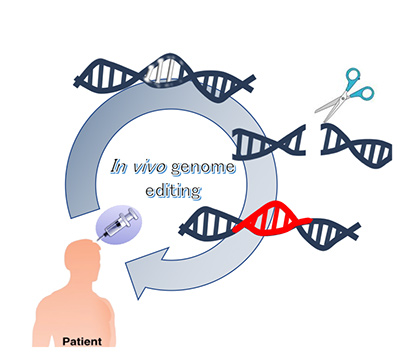-
About
- Kyoto Prize
-
Research Grants
-
Social Contributions
- Events
- News
This website uses cookies to improve the user experience. If you continue on this website, you will provide your consent to our use of cookies.
About
Research Grants
Social Contributions

Graduate School of Engineering Science, Osaka UniversityProfessor*Profile is at the time of the award.
2018Inamori Research GrantsBiology & Life sciences
I would like to express my sincere gratitude for having my research project selected for the 2018 Inamori Research Grants Program. Having set up a new lab after returning home in August 2017 from the U.S., I have found this grant highly useful and encouraging. I will make efficient use of this research support as I work on basic research that always takes novel approaches.
Biology & Life sciences

